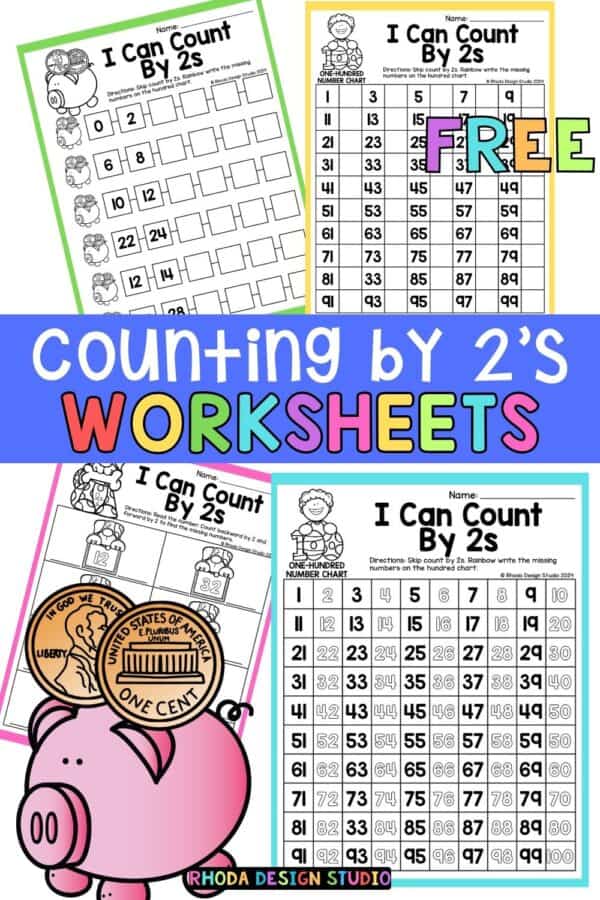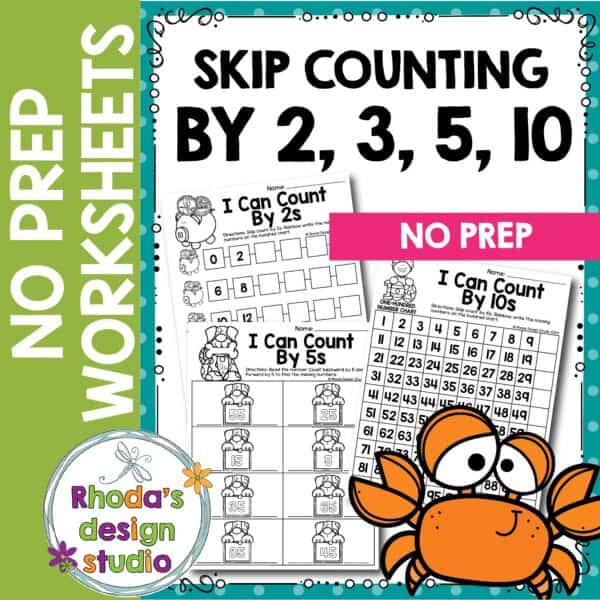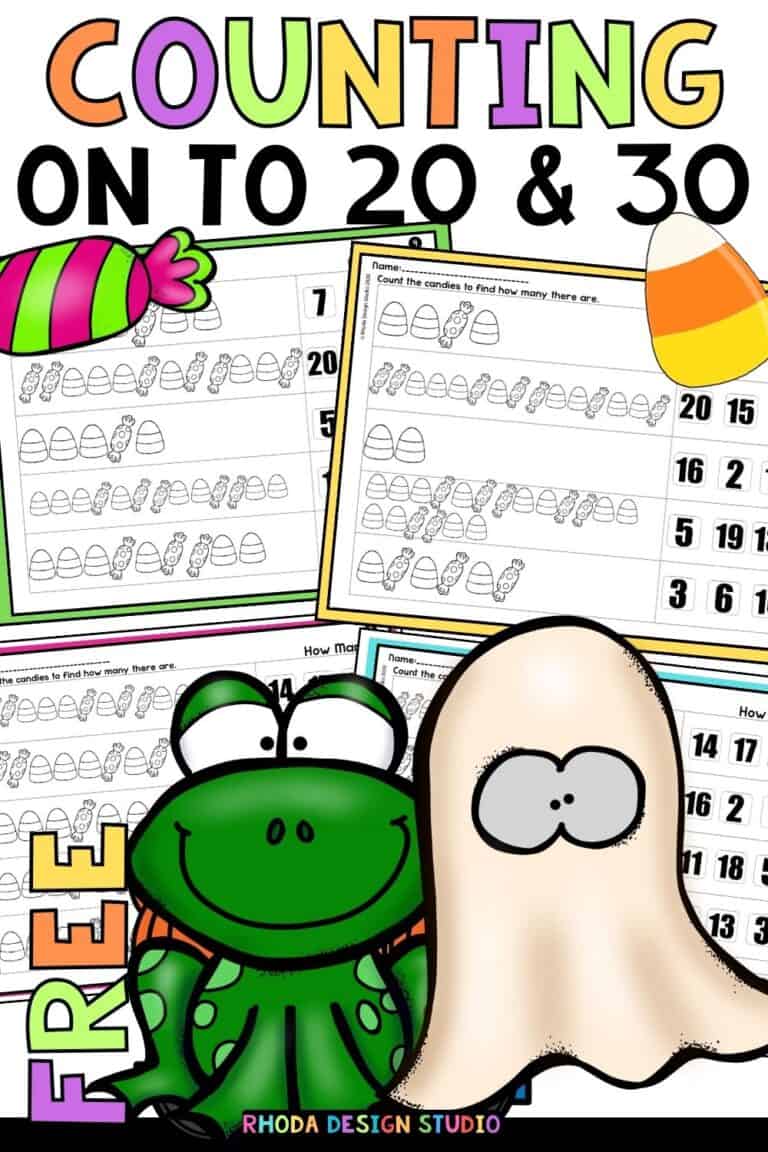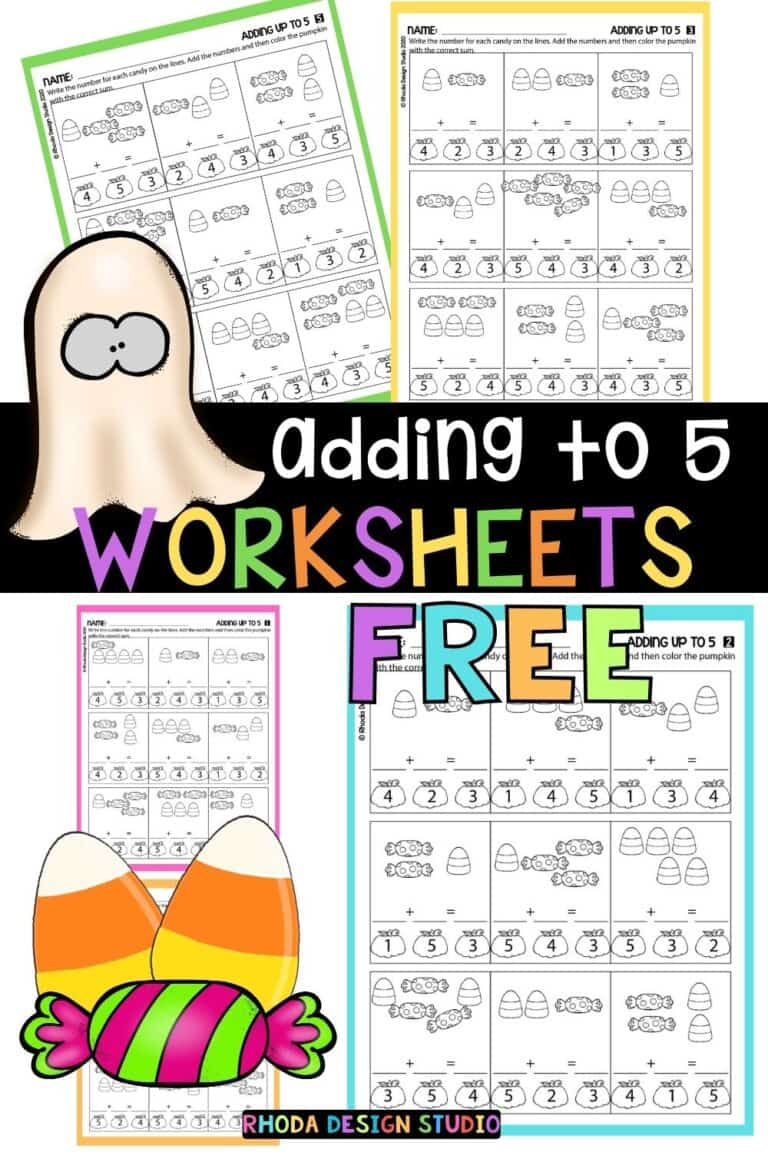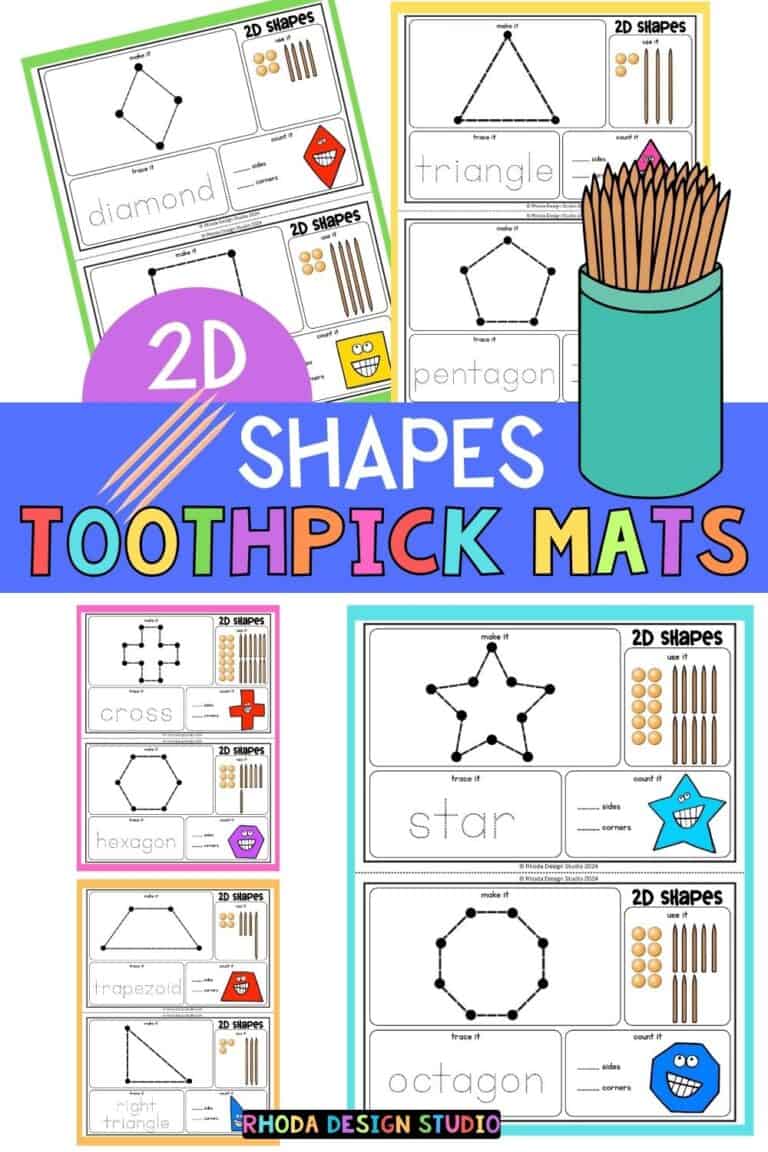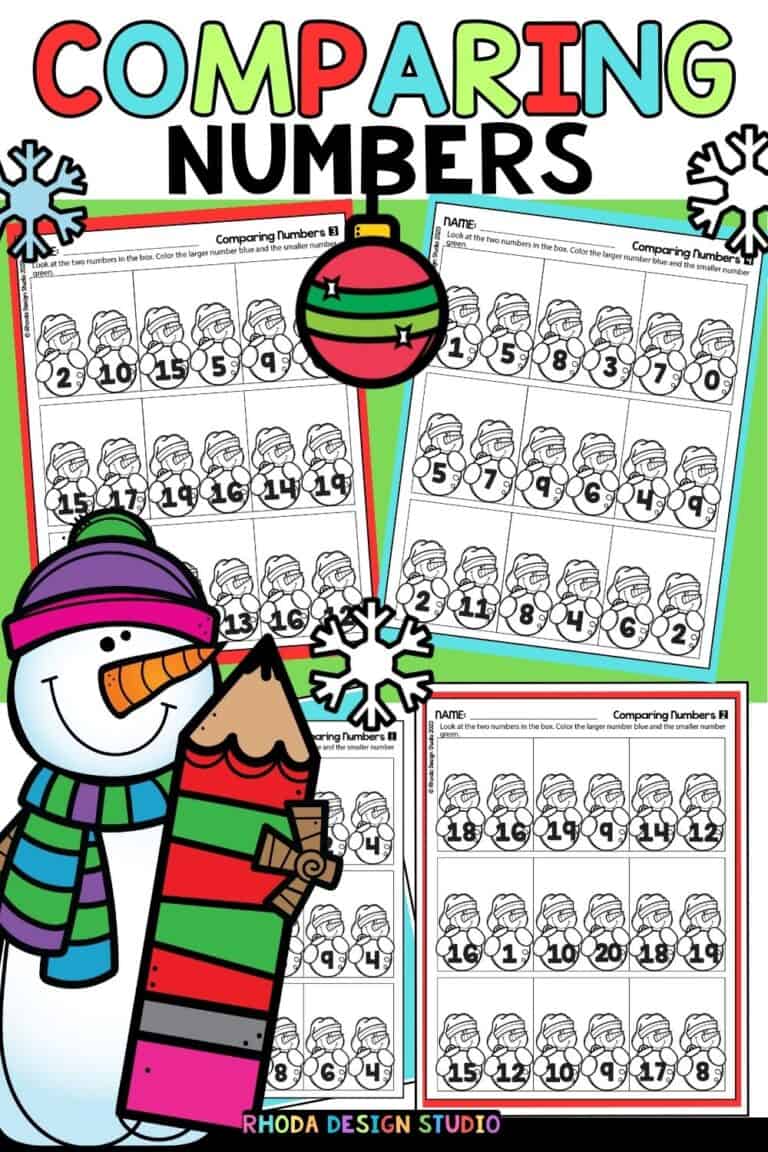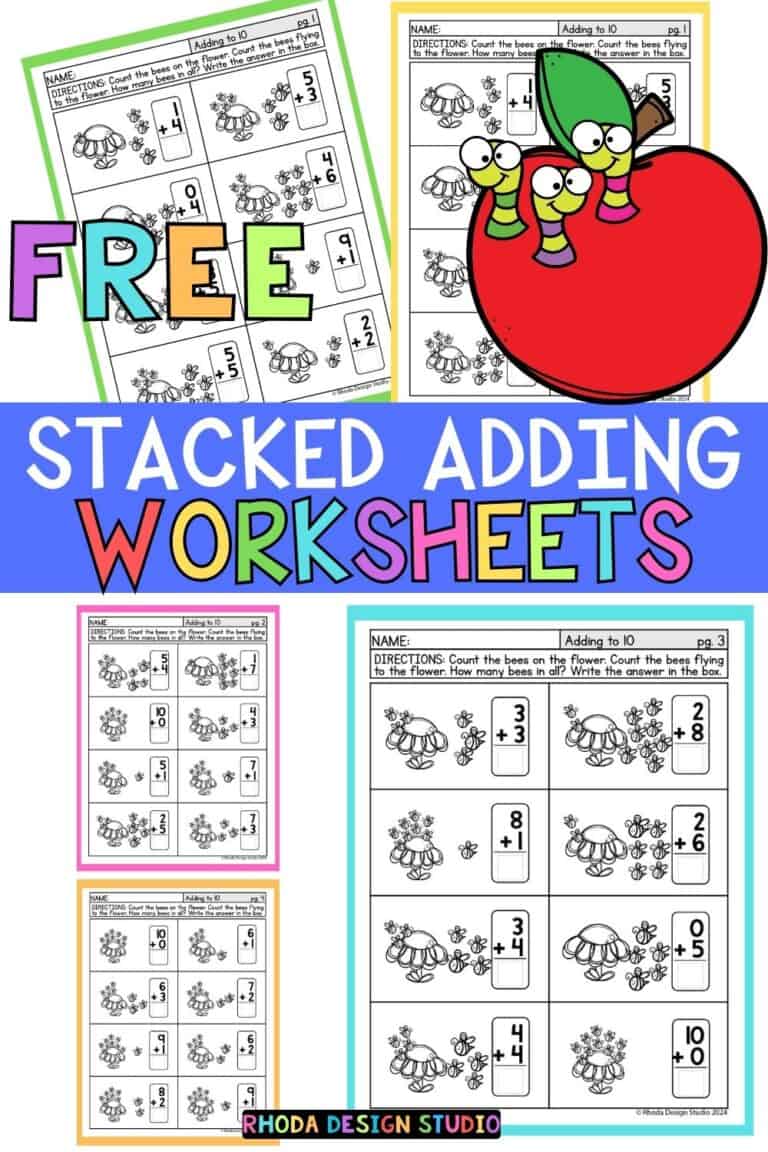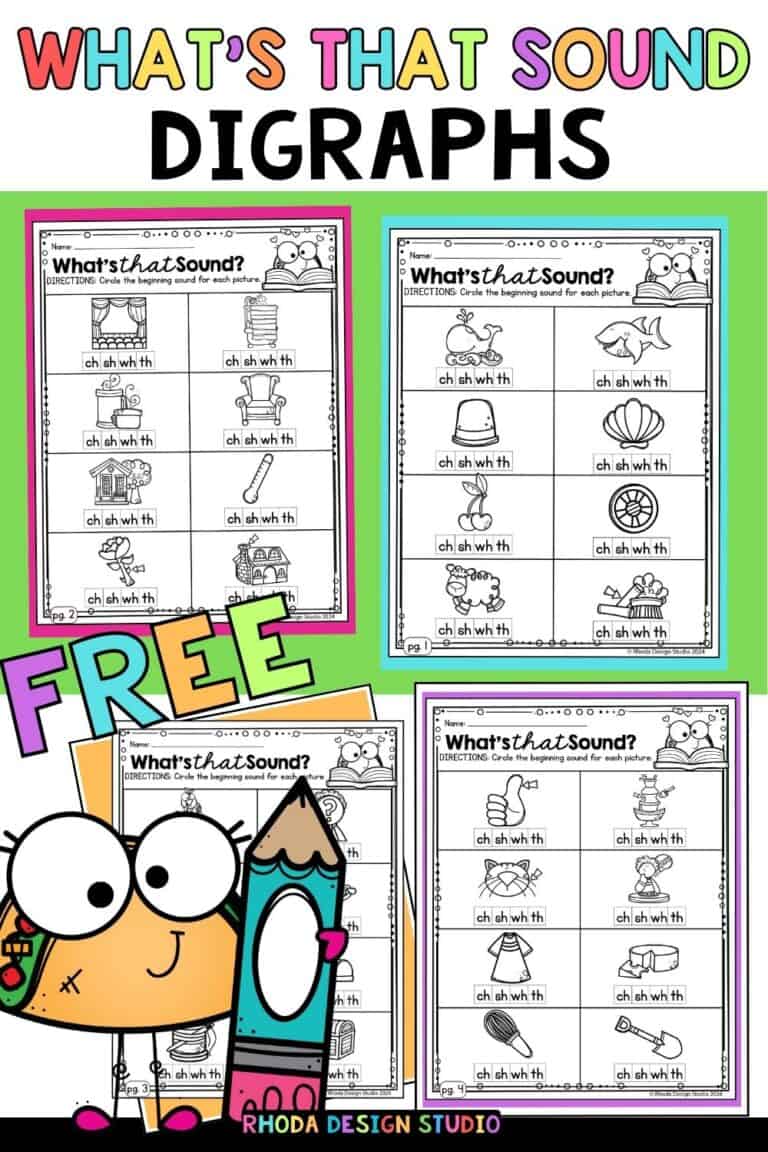I Can Count: Skip Counting by 2s Worksheets
Skip counting by 2s is a fundamental math skill. It is the key to understanding more complex mathematical concepts. It’s an essential stepping stone in a child’s numerical understanding, laying the groundwork for multiplication and division. But how can we make this critical skill engaging and fun for kids? Enter skip counting by 2s worksheets – a dynamic tool to enhance learning through practice.
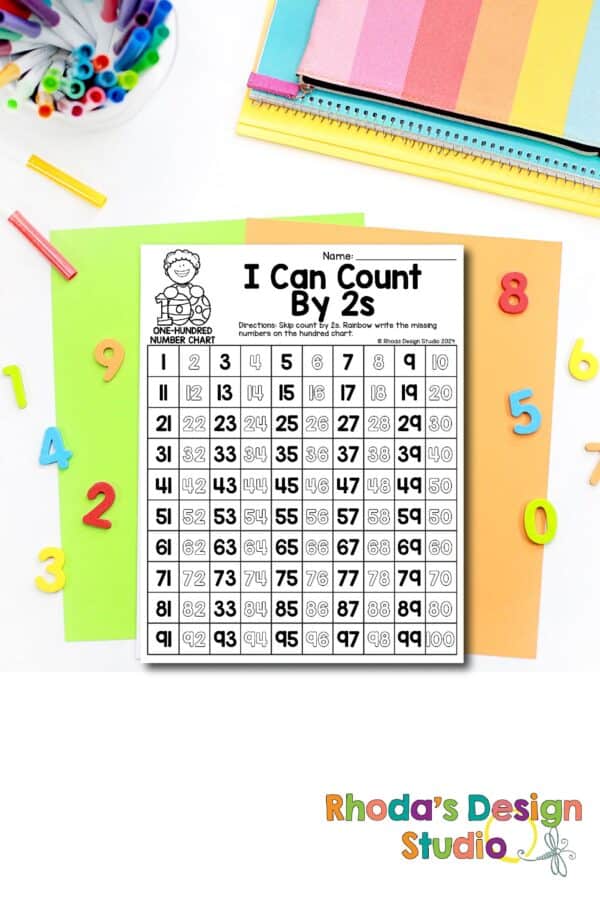
Skip counting, especially by 2s, is akin to taking giant steps in the world of numbers. It allows children to move beyond the basics of counting one by one, introducing them to a pattern that repeats and builds upon itself. This repetition not only solidifies their understanding of number sequences but also boosts their confidence in handling larger numbers.
Why Focus on Skip Counting by 2s?
Focusing on skip counting by 2s offers several benefits:
- Builds a Foundation for Multiplication and Division: Understanding the concept of skip counting is crucial before moving on to more advanced multiplication and division.
- Improves Number Sense: It helps children see relationships between numbers, enhancing their overall number sense.
- Saves Time: It’s a quicker way to count, saving time and mental energy.
- Enhances Problem-Solving Skills: Recognizing patterns in number sequences can improve problem-solving abilities.
Making It Fun with Worksheets
Worksheets specifically designed for skip counting by 2s can transform a mundane lesson into an engaging activity. These worksheets often incorporate puzzles, coloring activities, and interactive challenges that make learning a game. By presenting the concept in various formats, children can practice and reinforce their skills in an enjoyable way, ensuring the lesson sticks.
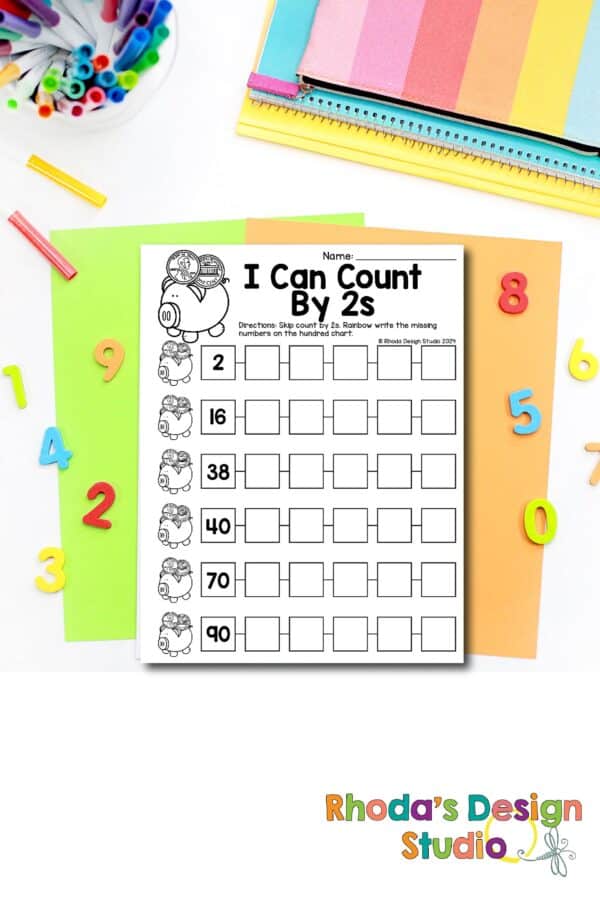
Tips for Using Skip Counting by 2s Worksheets
- Consistency is Key: Regular practice with these worksheets can help solidify the concept.
- Pair with Physical Activities: To enhance learning, try pairing worksheet activities with physical counting exercises, like jumping rope by twos or counting steps.
- Use Real-Life Examples: Incorporate real-world examples where skip counting by 2s is applicable, like counting pairs of shoes or items in egg cartons.
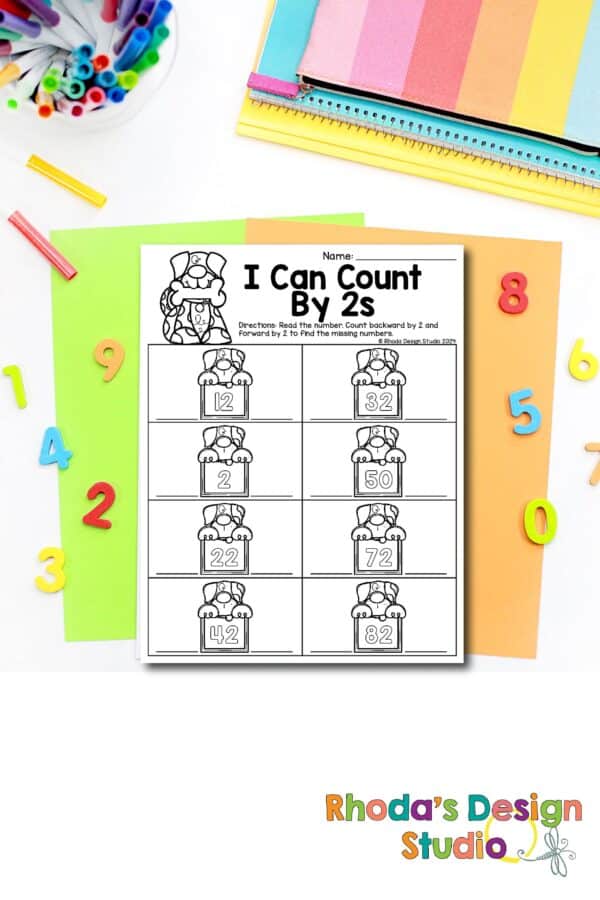
Math Standards for Skip Counting
CCSS1.NBT.A.1
Count to 120, starting at any number less than 120. In this range, read and write numerals and represent a number of objects with a written numeral.
CCSS2.NBT.A.2
Count within 1000; skip-count by 5s, 10s, and 100s.
CCSS2.NBT.B.8
Mentally add 10 or 100 to a given number 100–900, and mentally subtract 10 or 100 from a given number 100–900.
CCSS1.OA.C.5
Relate counting to addition and subtraction (e.g., by counting on 2 to add 2).
Skip Counting by 2s Worksheets
Help your students see skip counting patterns on a hundred chart so they can learn to skip count.
Use the charts and practice sheets to skip count by 2s. Students can trace, color in the numbers and rainbow write the numbers.
Start with the page that has color in numbers so they can see how the pattern progresses. When they are ready, they can move on to writing in the missing numbers on the blank page.
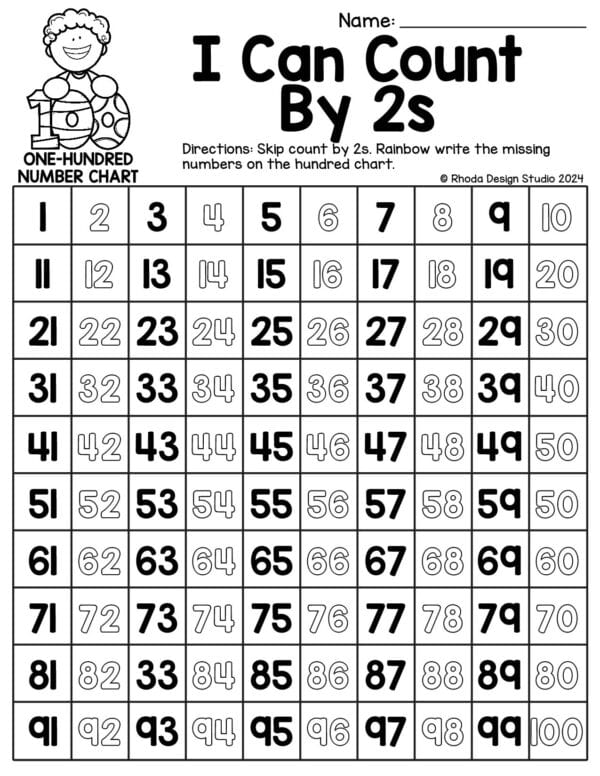
Skip Counting by 2 Pg 1
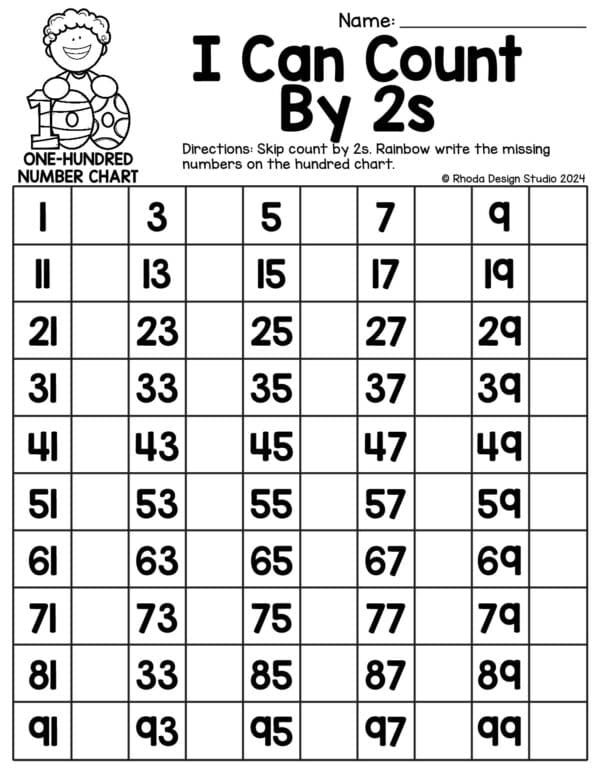
Skip Counting by 2 Pg 2
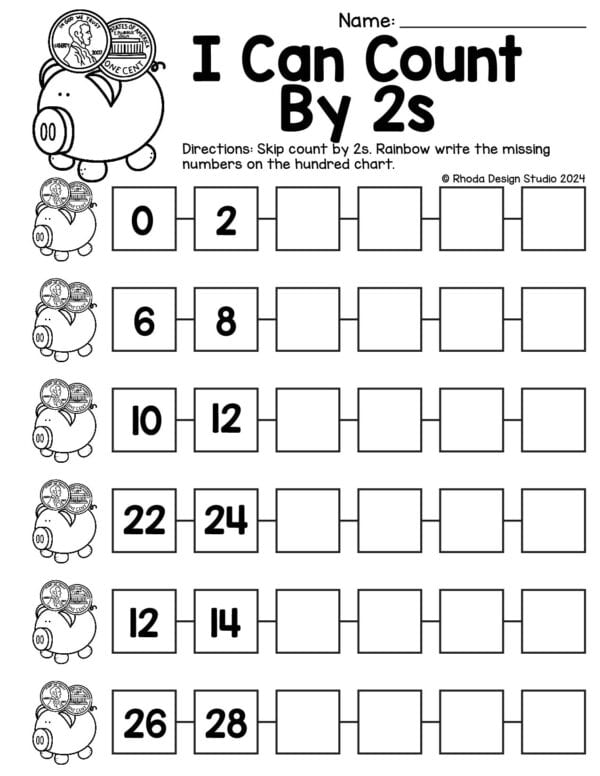
Skip Counting by 2 Pg 3
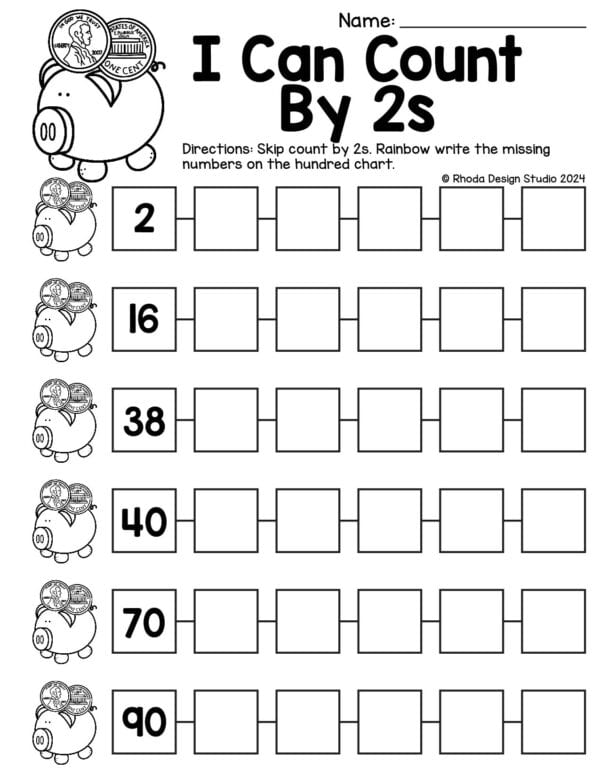
Skip Counting by 2 Pg 4
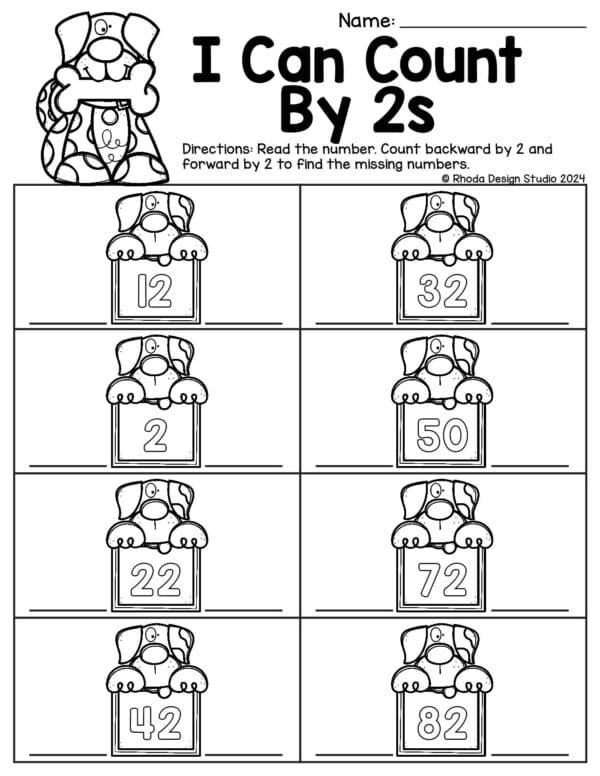
Skip Counting by 2 Pg 5
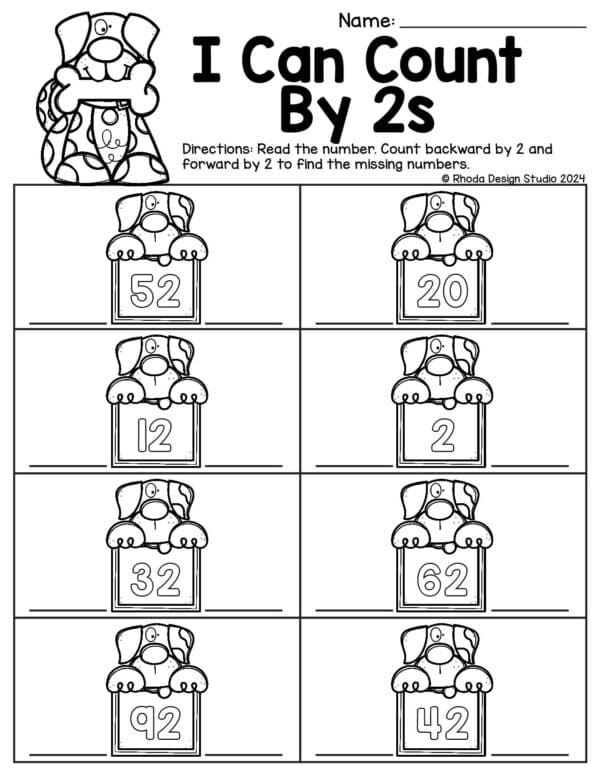
Skip Counting by 2 Pg 6
Skip Counting by 2, 3, 5, and 10 Worksheets
This set of math worksheets will help your students see skip counting patterns on a hundred chart, count forward and backward, mentally calculate more than, less than, practice fine motor skills by cutting and pasting, and so much more.
Use the charts and practice sheets to skip count by 2s, 3s, 5s, and 10s. Students can trace, color in the numbers and rainbow write the numbers.
Start with the page that has color in numbers so they can see how the pattern progresses. When they are ready, they can move on to writing in the missing numbers on the blank page.
Cut and paste worksheets to complete number patterns provide counting practice as well as fine motor skills and organization.
More than, less than worksheets help students practice mental math and jump forward and backward on the number line.
Each worksheet format increases in difficulty so you can provide continued learning or differentiated instruction.
MORE SKIP COUNTING WORKSHEETS
